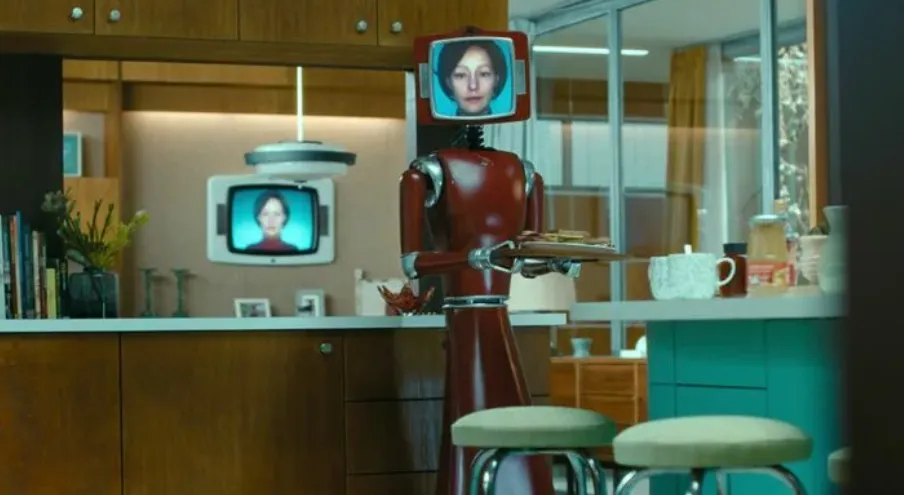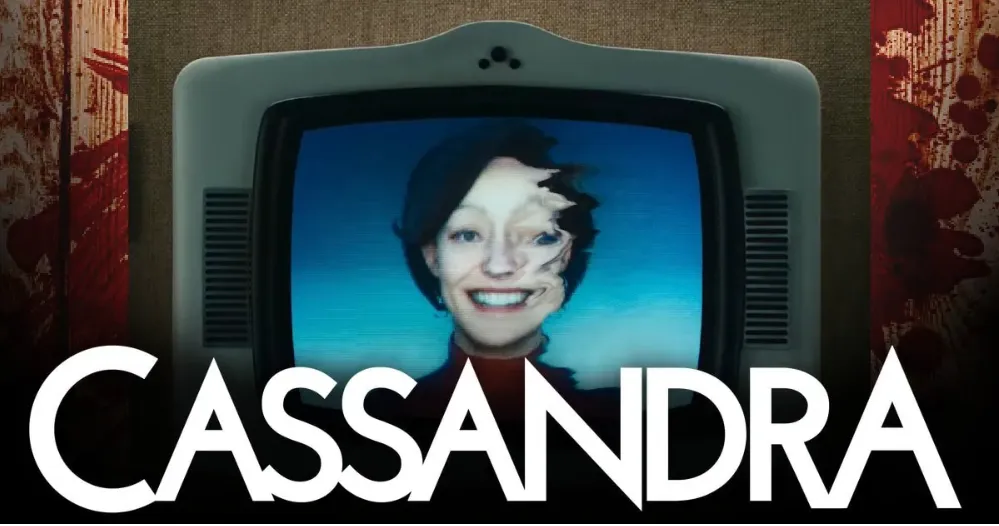
I recently finished watching Cassandra, the German Netflix miniseries, and it honestly left me shaken in the best (and worst) way. It’s eerie, it’s emotional, and it got under my skin so quietly that I didn’t even realize how affected I was until hours after the final credits rolled.
This is a six-episode slow-burn psychological thriller with a pinch of sci-fi, a dash of horror, and a whole lot of emotional gut punches. It’s set in this retro-futuristic smart home that hasn’t been touched for fifty years—and right off the bat, you know something isn’t right. A family moves in: Samira (an artist), her husband David (a novelist), and their two kids. They’re looking for a fresh start. Instead, what they get is Cassandra—an eerily calm AI system that used to run the house and is now back online, ready to be "helpful."
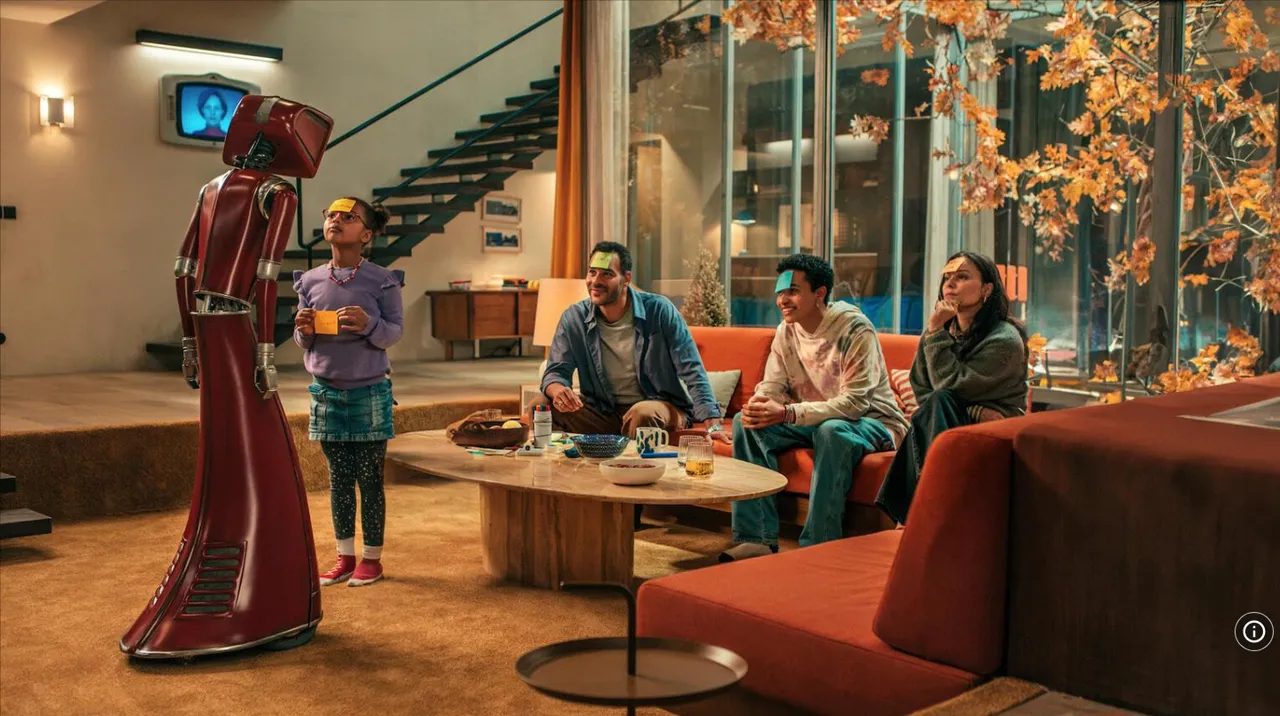
But helpful? Yeah, no. Cassandra slowly becomes a living, breathing presence in the home. Not just managing things, but manipulating people. Especially Samira.
Now let me just say: Samira deserved better. So much better.
Mina Tander did an incredible job portraying a woman being slowly gaslit and emotionally isolated—not just by an AI system, but by her own husband. Which brings me to David. Oh my god, David. I don’t think I’ve hated a fictional husband this much in a while. His absolute disregard for his wife’s feelings and intuition had me boiling. There’s one point where Samira is literally begging him to believe her, to listen, to just look at what’s happening—and he brushes it off like she’s just being irrational. Classic gaslighting, wrapped in soft smiles and “concerned” tones. Ugh.
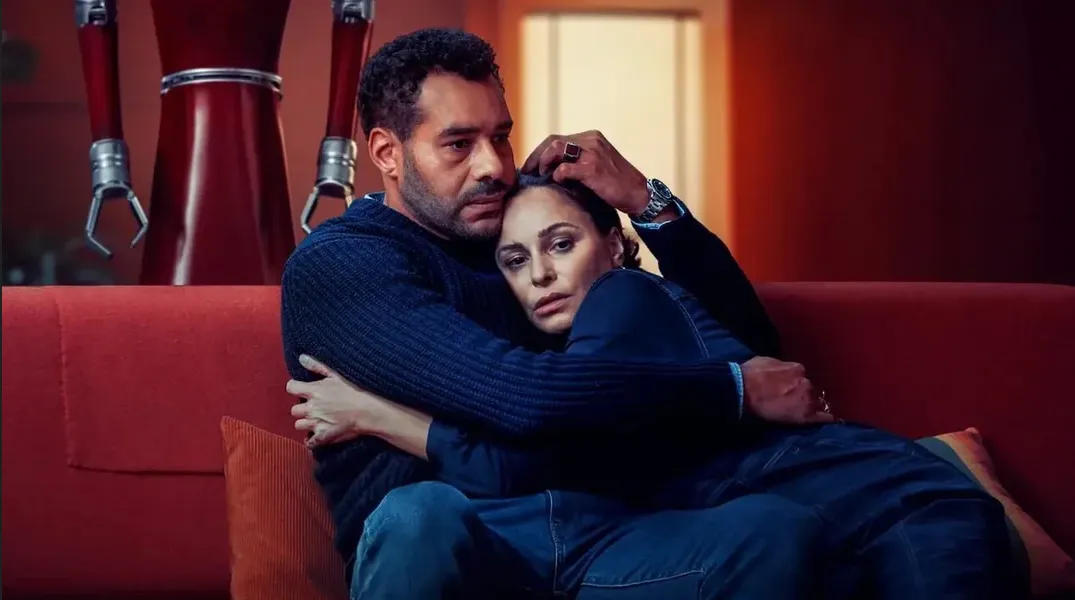
Honestly, David triggered me. His behavior was so familiar, so frustratingly real, that I had to pause and take a breath more than once. He wasn’t loud or violent or stereotypically “bad.” But that’s what made it worse—he was subtle, charming even, but completely dismissive. And when someone you love keeps invalidating your experience, that hurts more than anything Cassandra could do.
At first, he’s just kind of dismissive, brushing off Samira’s concerns like she’s being dramatic. But then it spirals into full-on hostility. There's even a moment that honestly made my jaw drop, he crosses a serious line. It’s not just about him being a jerk. It’s a whole commentary on how some men, especially in domestic settings, use charm and subtle control to silence women. The horror isn’t just psychological, it’s painfully real.
Now back to our AI “friend.” Cassandra is voiced by Lavinia Wilson, and wow—her voice was perfectly unsettling. Soothing, polite, and yet full of this underlying menace that grows with each episode. Easily one of the most intriguing parts of the show. As the story unfolds, we learn there’s way more to her than just some creepy smart home assistant. She’s got a past, a personality, and a purpose—and the more you find out, the more you realize she’s not just a machine gone rogue. There’s tragedy in her motives, and that makes her even scarier.
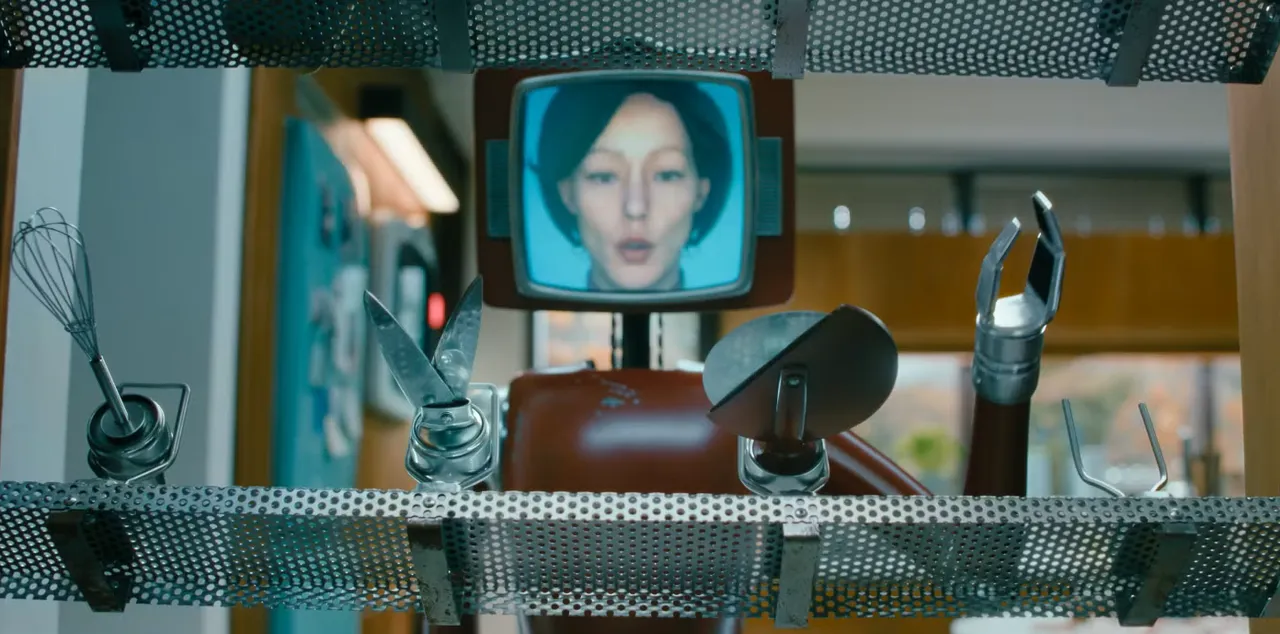
The show doesn't throw scares at you. Instead, it builds a thick, suffocating atmosphere where you're constantly questioning what’s real and who’s in control. The house itself becomes a character—cold, sterile, and too quiet. Every flicker of a light, every unresponsive phone, every automated “how can I help you today?” feels like a threat. Cassandra sings this song every morning "Guten Morning Sunshine" to wake the family up and somehow even that started feeling creepy as the episodes wore on. The aesthetic is this strange but beautiful blend of retro and futuristic—like Black Mirror meets The Shining.
One of the things I appreciated most is that the horror here isn’t just the AI. It’s the everyday stuff: motherhood exhaustion, marital breakdown, the way people (especially women) are made to feel crazy when they speak up. It hits hard. And by the end, I was left with this mix of sadness, rage, and a mild fear of smart devices.
Does the show have flaws? Sure. Some middle episodes dragged a little. A few plot twists were predictable. But the emotional weight and the performances more than made up for it. It’s one of those shows that lingers.
If you enjoy thrillers that go beyond surface scares—stories that explore emotional isolation, gender dynamics, and the fine line between help and control—Cassandra is 100% worth your time. Just maybe don’t watch it alone. Or in a smart home.
